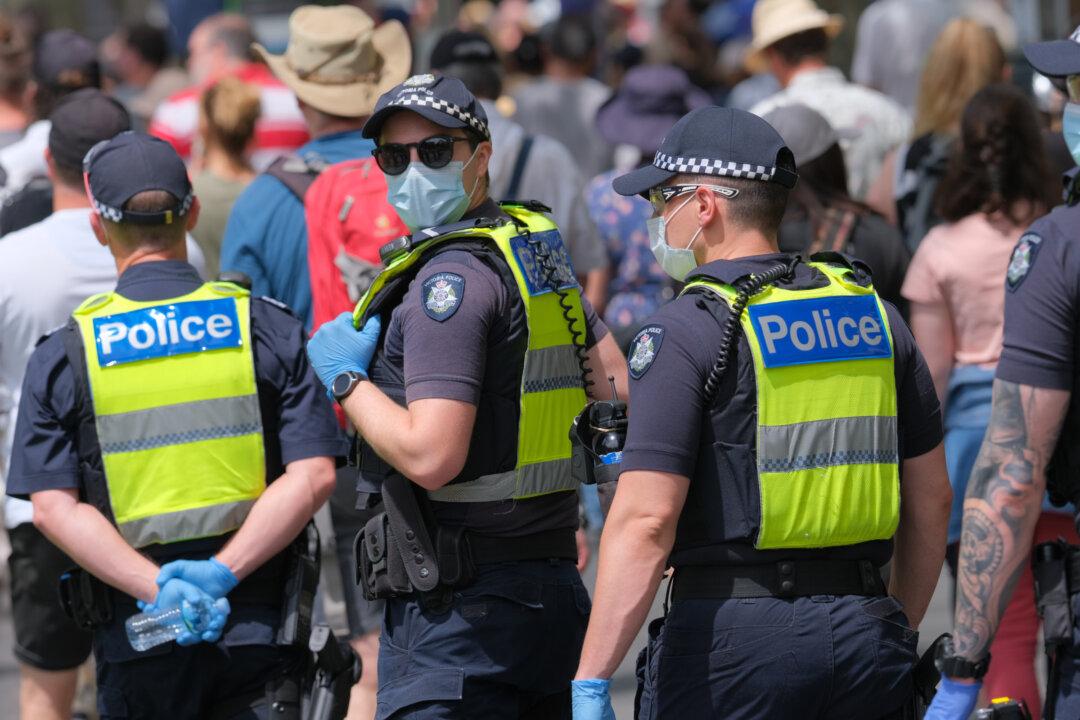Ambulance and health workers will shoulder the burden of dealing with rowdy drunks as the Victorian Labor government looks set to sideline police officers from handling intoxicated individuals.
The move from the Andrews government comes in response to the death of Indigenous woman Tanya Day in the state of Victoria in Australia.





